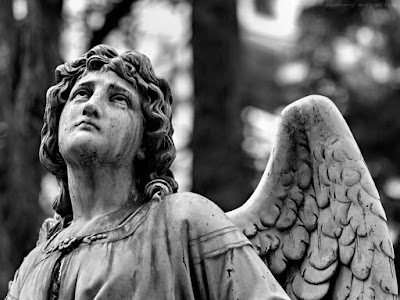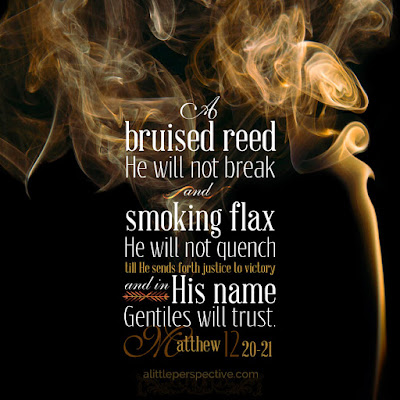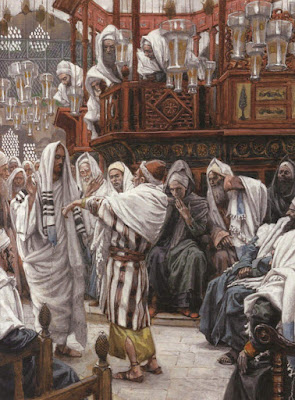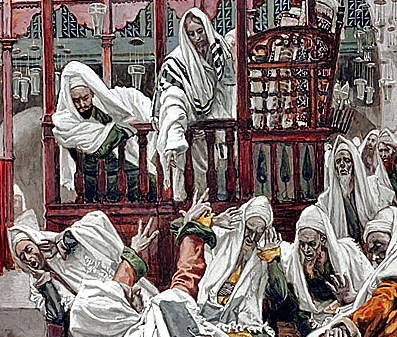The Sermon on the Mount, Section 42 B, Blessed are the persecuted.

Section 42 THE SERMON ON THE MOUNT (A Mountain Plateau not far from Capernaum) Subdivision B. BEATITUDES: PROMISES TO MESSIAH'S SUBJECTS MATT 5:3-12 LUKE 6:20-26 “Blessed are those who are persecuted for righteousness' sake, for theirs is the kingdom of heaven. Blessed are you when others revile you and persecute you and utter all kinds of evil against you falsely on my account. Rejoice and be glad, for your reward is great in heaven, for so they persecuted the prophets who were before yo u. -Matthew 5:10-12 “Blessed are you when people hate you and when they exclude you and revile you and spurn your name as evil, on account of the Son of Man! Rejoice in that day, and leap for joy, for behold, your reward is great in heaven; for so their fathers did to the prophets." Luke 6:22-23 "People possessing these qualities would naturally stand out in the crowd and would not be understood by others. Thus they would be persecuted; others would speak evil o













